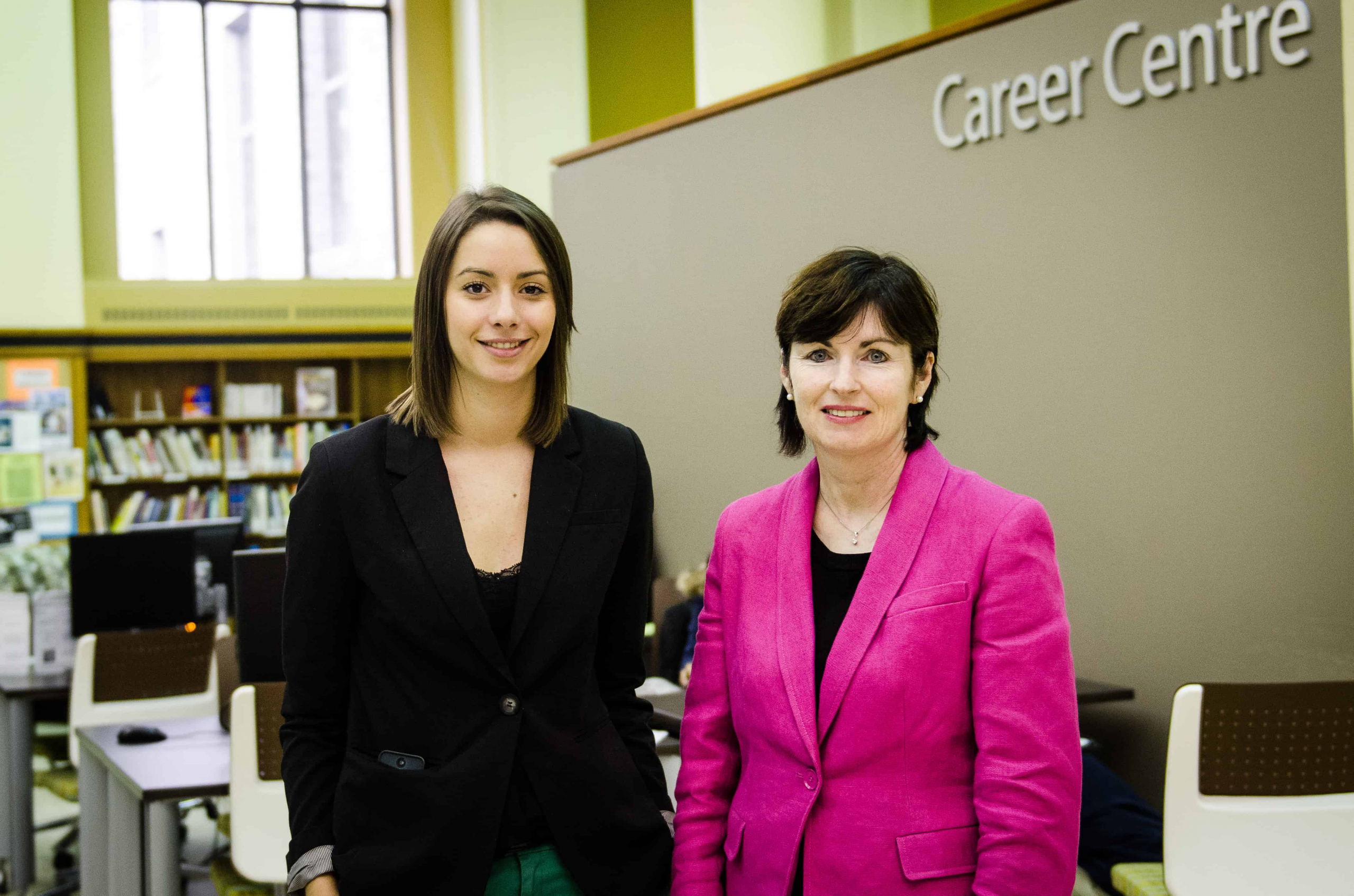The University of Toronto’s Office of Student Life began a series of town hall meetings late last week to discuss a new administration initiative called the co-curricular record (CCR). The record is intended to help students find and engage in relevant extracurricular activities, and validate these out-of-class experiences on an official record maintained by university staff.
The record has been under development for some time, and has already been previewed by Governing Council committees. The initiative is scheduled to launch in fall 2013 for all students, and will only catalogue involvement that begins after the launch date.
“It is a way for students to be able to easily access all the many opportunities at U of T,” said Lucy Fromowitz, assistant vice-president for student life. “U of T is a very large institution with an incredible number of such opportunities, and not all of them are easy to find. We would like to make them accessible to students right from the beginning.”
Kimberly Elias, program coordinator responsible for the CCR, said the record brings a new sense of “intentionality” to a student’s activities on campus. Elias says students will be able to search for clubs and workshops that highlight specific skills. The record can be tailored, and students will have the option to either hide or highlight specific clubs and involvement on their record.
Administrators hope the record will supplement academic transcripts, helping students paint a fuller picture of their undergraduate careers for prospective employers, with the credibility of official university documentation. “The CCR is a way for you to tell your story about what you’ve been involved in and the learning that was involved in that experience,” says Elias.
With hundreds of clubs recognized by the Office of Student Life across all three campuses, and thousands of volunteer hours already undertaken by students at U of T, many say the record represents a promising new way of recognizing and rewarding involvement outside the classroom.
Students are enthused about the record’s promise — but less so about the price tag attached to the initiative. Administrators say there will be a 50-cent fee increase, beginning next year, required to implement the record.
“The 50-cent fee will afford us one staff person,” says Fromowitz. This staff person will oversee the launch of the CCR, and subsequently be tasked with improving the record through tri-campus consultation. “To do this properly, we need at least one person dedicated to this job,” Fromowitz insists.
Munib Sajjad, vice-president university affairs of the University of Toronto Students’ Union, said he disagrees with the surcharge. “I feel that extracurriculars are very vital to student experience,” said Sajjad. “But we already pay student fees to participate in student life and academic endeavours.” Sajjad says an extra fee to formalize this pre-existing dimension of campus life“shouldn’t come out of the student’s pocket.”
At the town hall meeting for St. George campus, Kevin Sousa, president of the Physical and Health Education Undergraduate Association (PHEUA), raised concerns about the record’s validation process. Sousa questioned why only staff members would be able to verify extracurricular activities, and wondered how student-led initiatives could ensure their legitimacy.
Elias responded that the validation process is restricted to staff administrators because the record will have the status of an official institutional document, akin to an academic transcript. “It has more credibility if it has that staff or faculty member,” says Elias, who added that in focus groups and previous discussions with staff and students, there was little desire on the part of students to handle the validation process.
The Office of Student Life will continue to hold town hall meetings about the record, with visits to the Mississauga and Scarborough campuses to come. “The reason for the town hall is — we consult, we consult, we consult. We want to give each campus an opportunity for students to ask and inquire about the CCR,” says Elias.
Previous articles in The Varsity describing the co-curricular record have referred to the document as a “transcript.” The record is in fact distinct from a transcript. The Varsity regrets this phrasing and apologies for any confusion.


